A hardtop convertible uses multiple sections of metals and plastics that fold mechanically into the car's trunk space using a dual-hinged trunklid. Soft-top convertibles, on the other hand, feature a retractable top made of polyester, vinyl and canvas, with a glass or plastic rear window.
These hardtop convertible cars are also called coupe cabriolets, and French manufacturers such as Peugeot were among the first to build the concept.
Pros and cons of a hardtop convertible
+Pro
Better rigidity: Hardtops offer more structural rigidity to the vehicle overall than a fabric soft top.
-Con
More expensive: Repairs can be costly due to the number of moving parts, mechanisms and sensors.
+Pro
Safer: You'll likely be safer inside a hardtop convertible in a crash, especially if it flips.
-Con
Heavier: BMW's hardtop convertible in the popular 4 Series was offered for years with a retractable hardtop, but now the German automaker only offers a soft top because it adds extra insulation and is lighter. BMW says that the soft top, which replaced the hardtop in 2021, is 40% lighter.
+Pro
Quieter:
Hardtop roofs cut down on wind noise that can be present with a fabric roof.
-Con
Takes up more space:
Retractable hardtop roofs take up more space in the trunk because the roof panels and other mechanisms need to be tucked away.
Hardtop convertibles for sale today
The list of hardtop convertibles you can buy today has dwindled due to their inherent design drawbacks and an overall slowing of convertible sales. Hardtop convertibles today are typically reserved for higher-end models such as the Ferrari 812 GTS, Porsche 911 Targa or Chevrolet Corvette. There have also been a few attempts at hardtop SUVs, including the Nissan Murano and Range Rover Evoque, but now the few left include popular off-roaders like the Ford Bronco or Jeep Wrangler, which we cover in a related story.
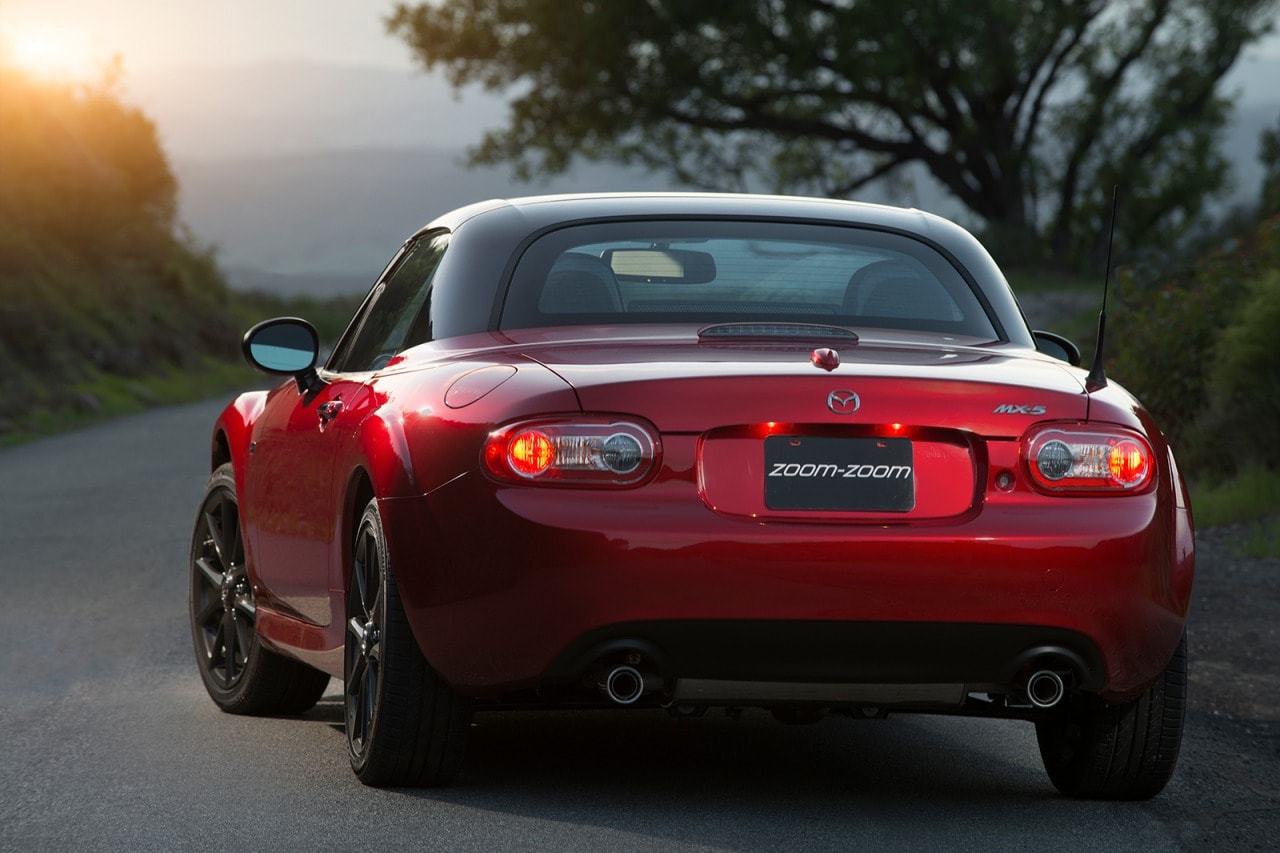

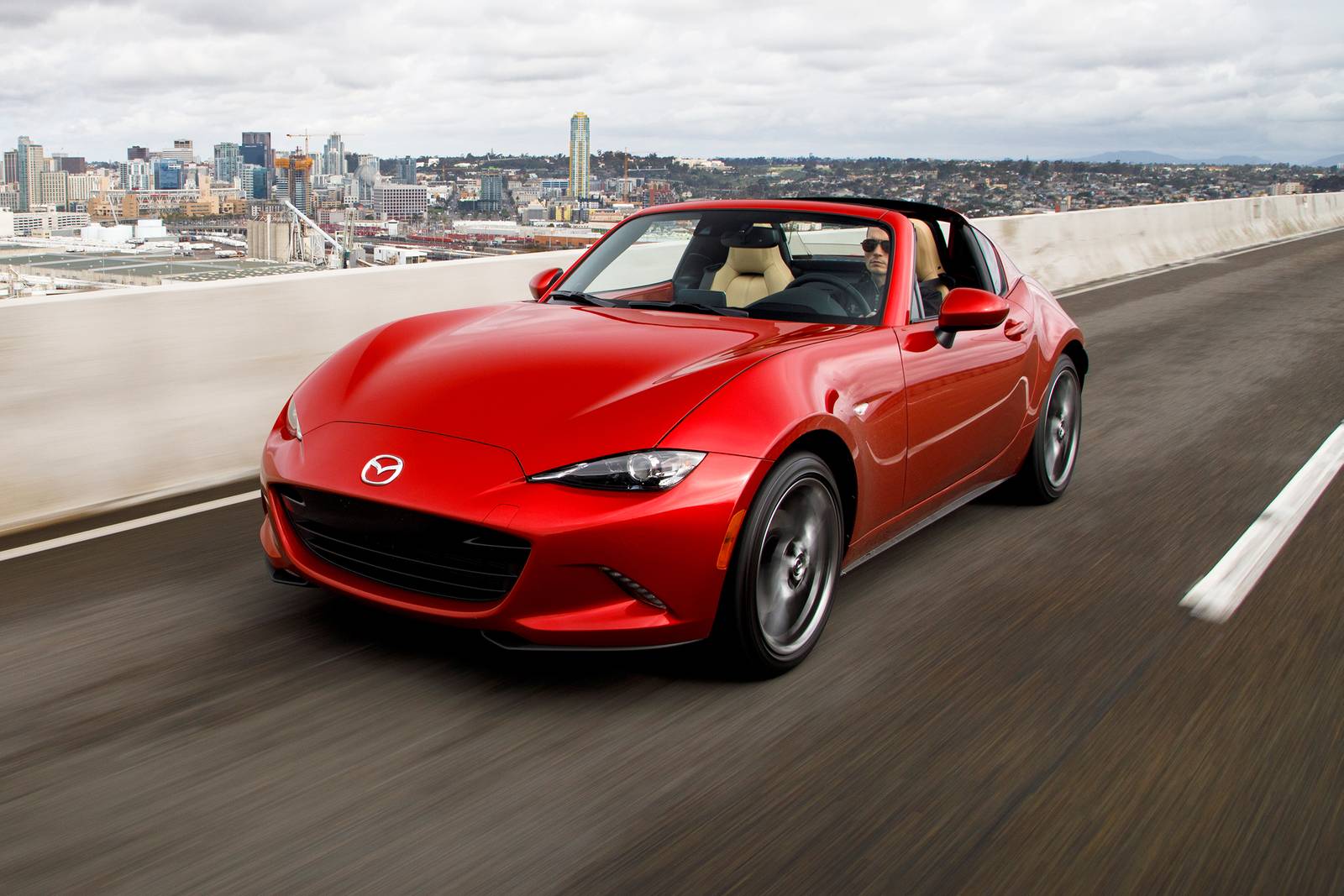
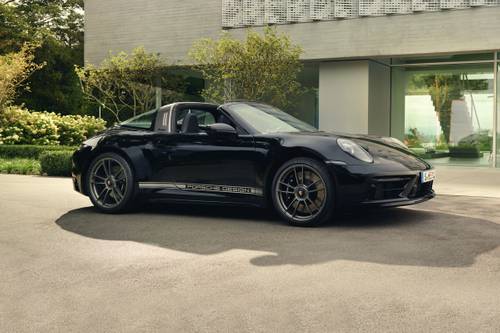
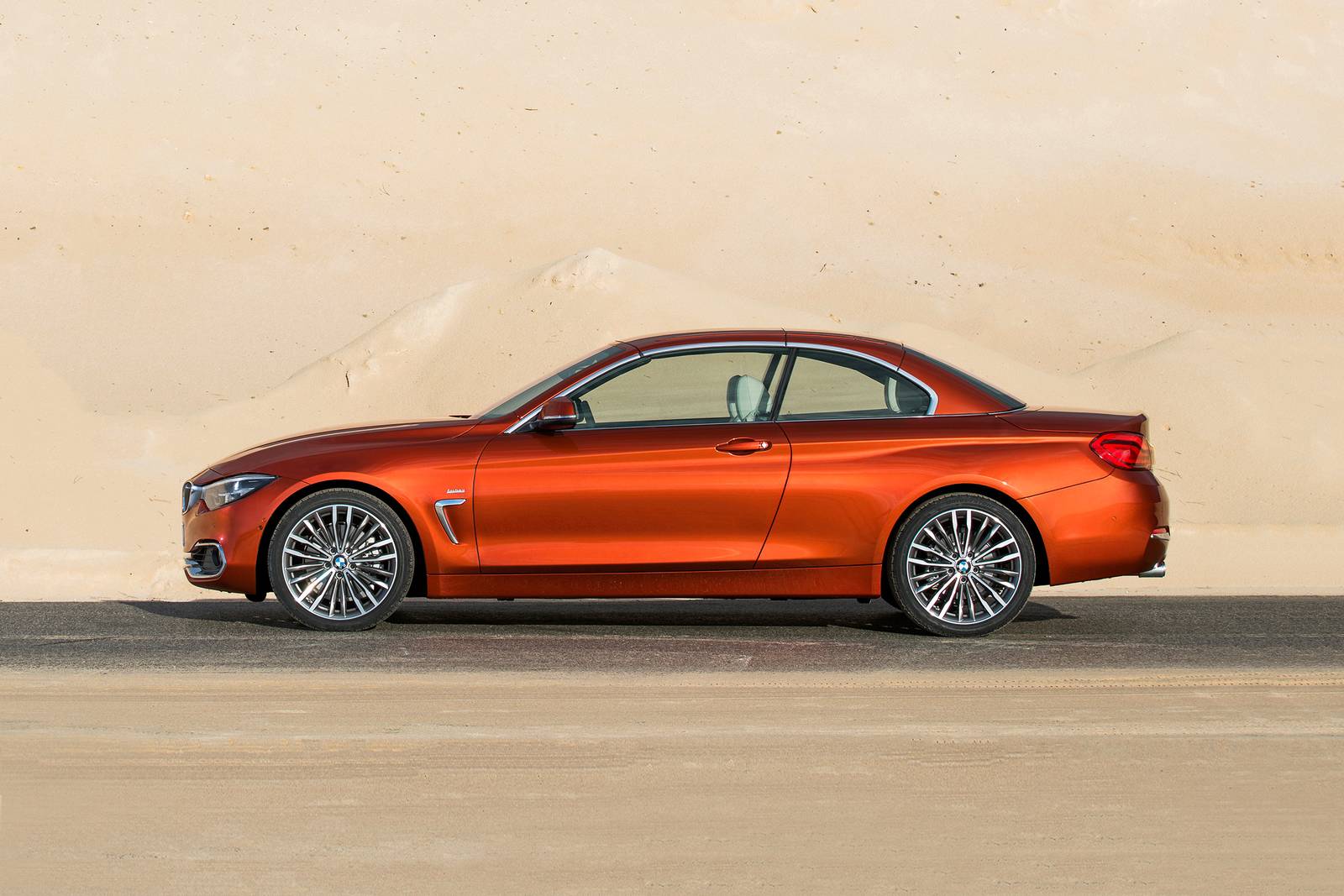
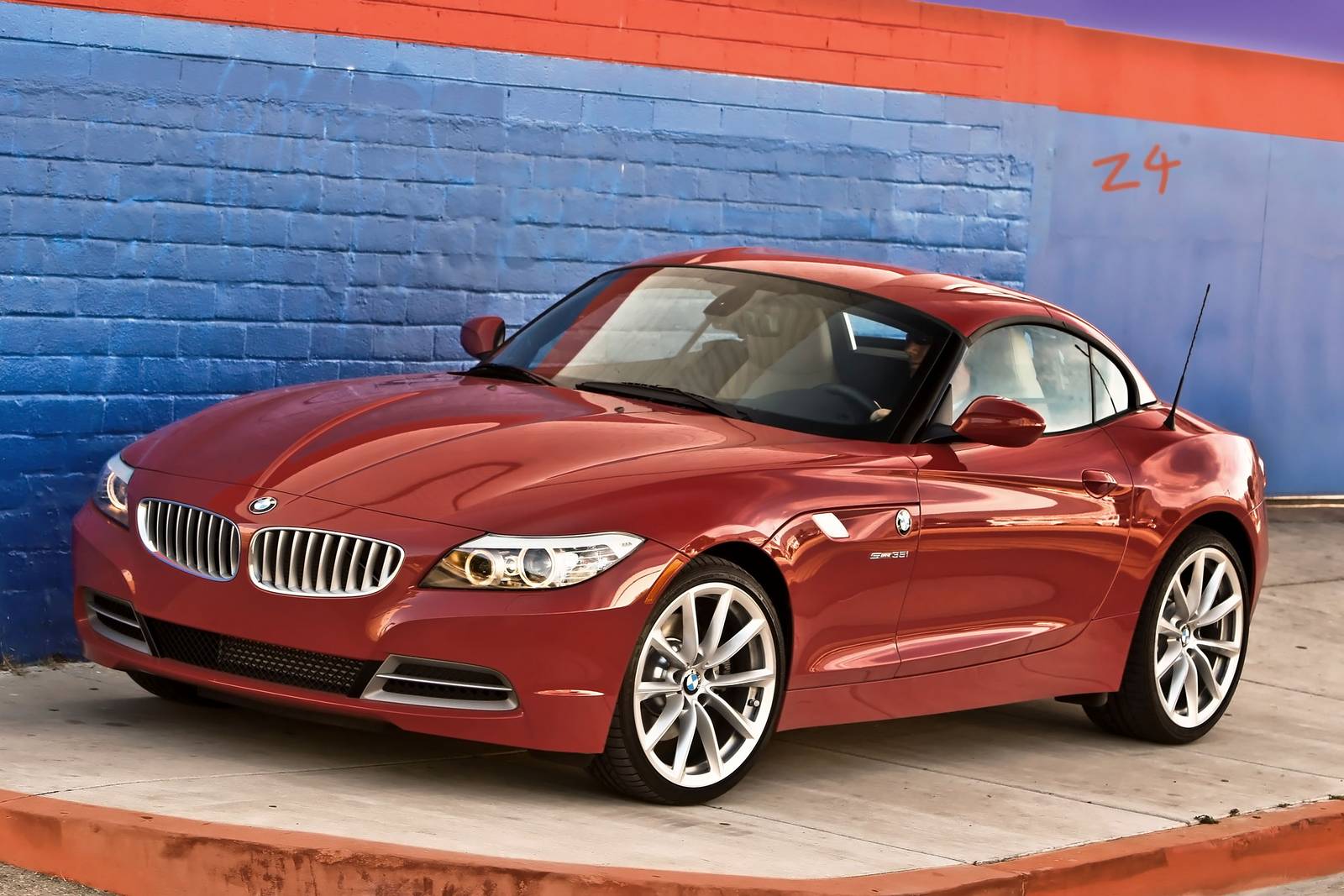

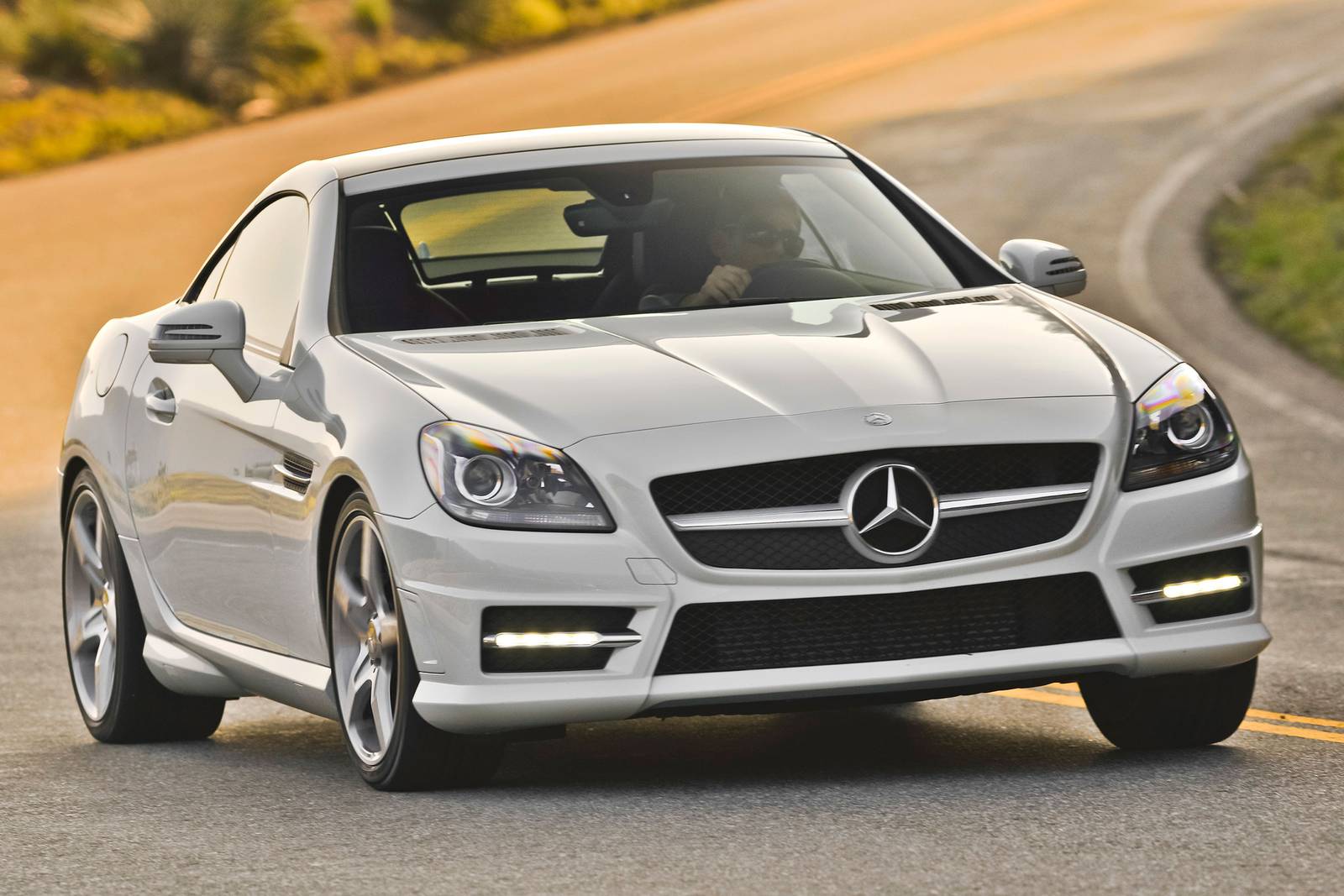
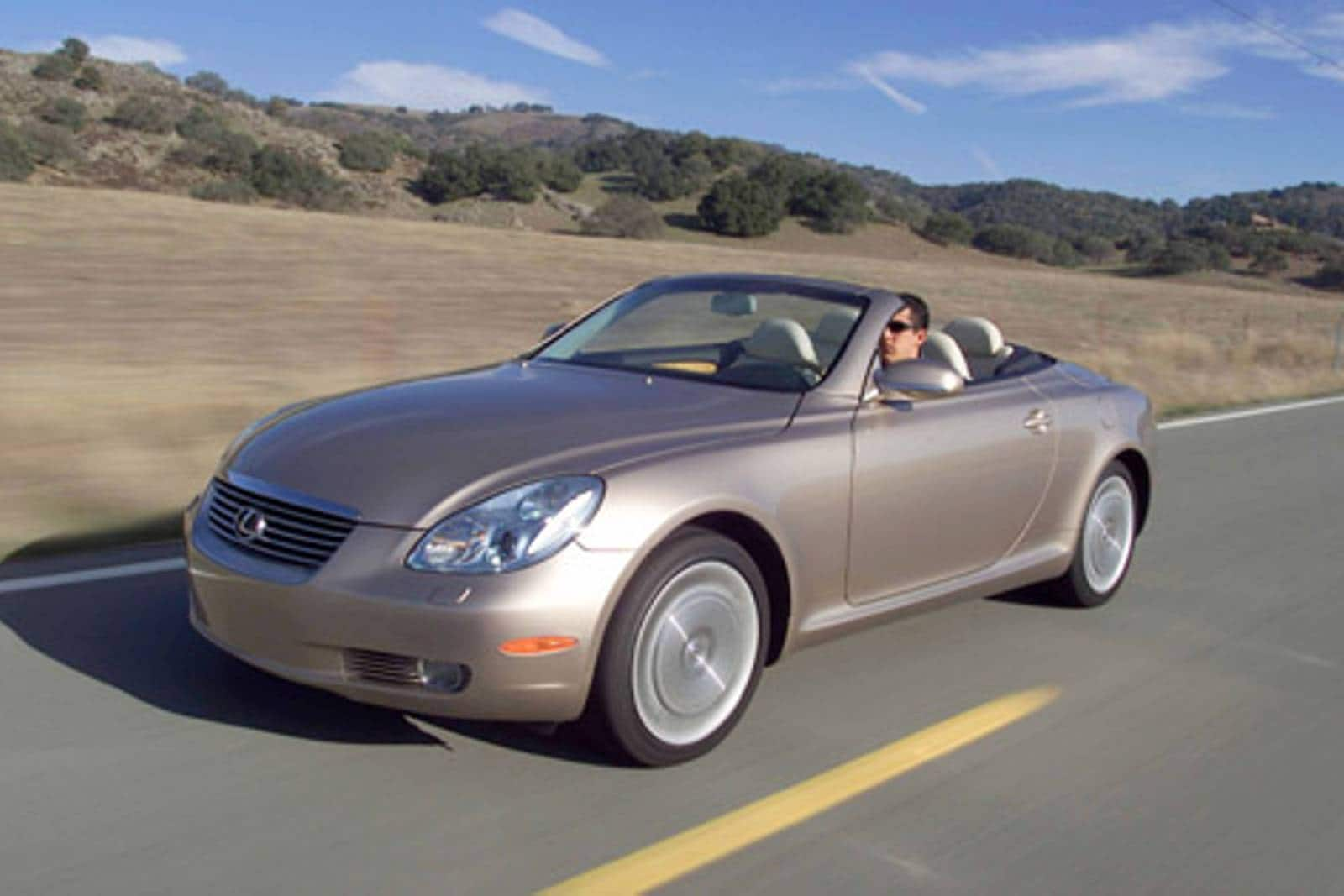
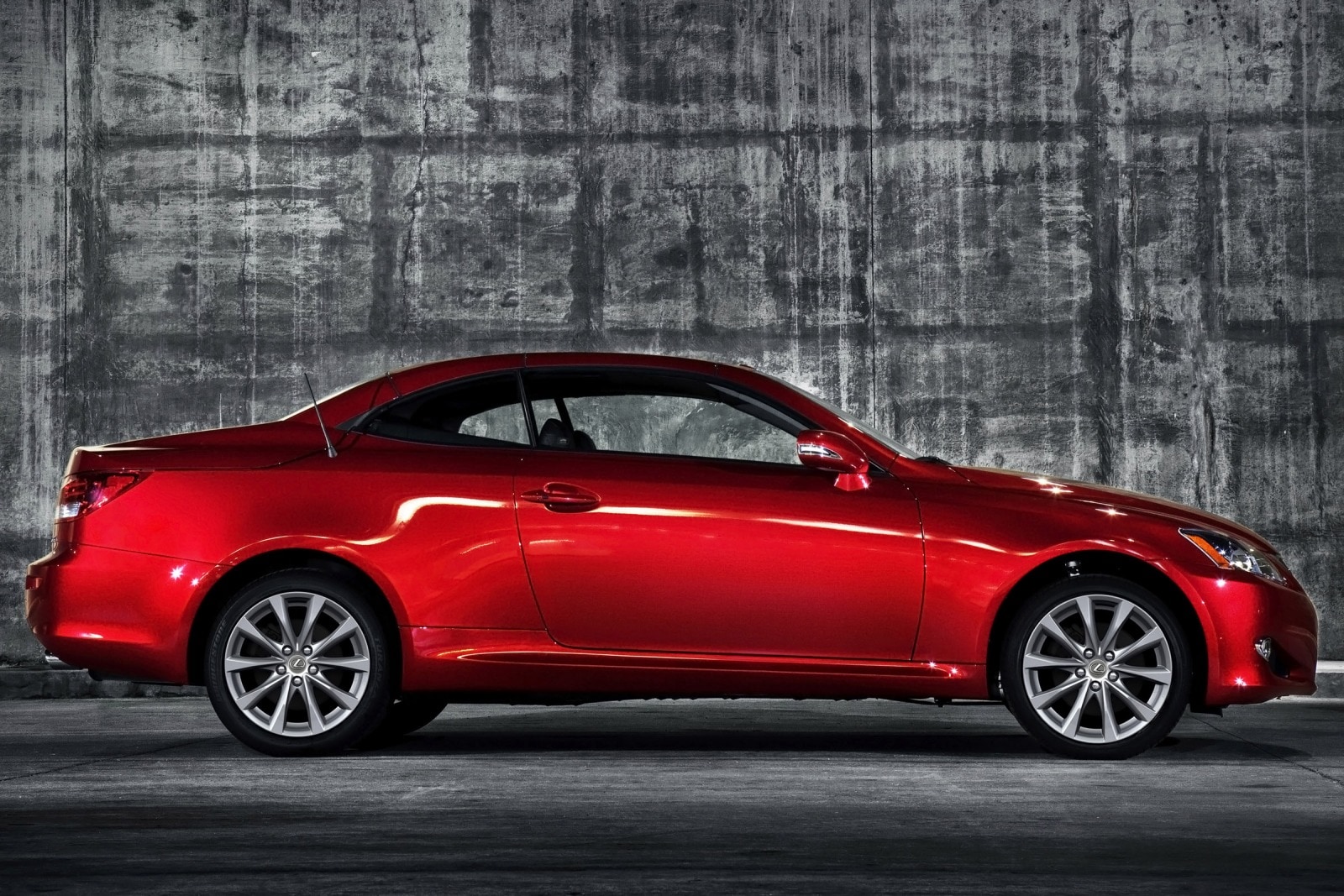
.jpg) by
by